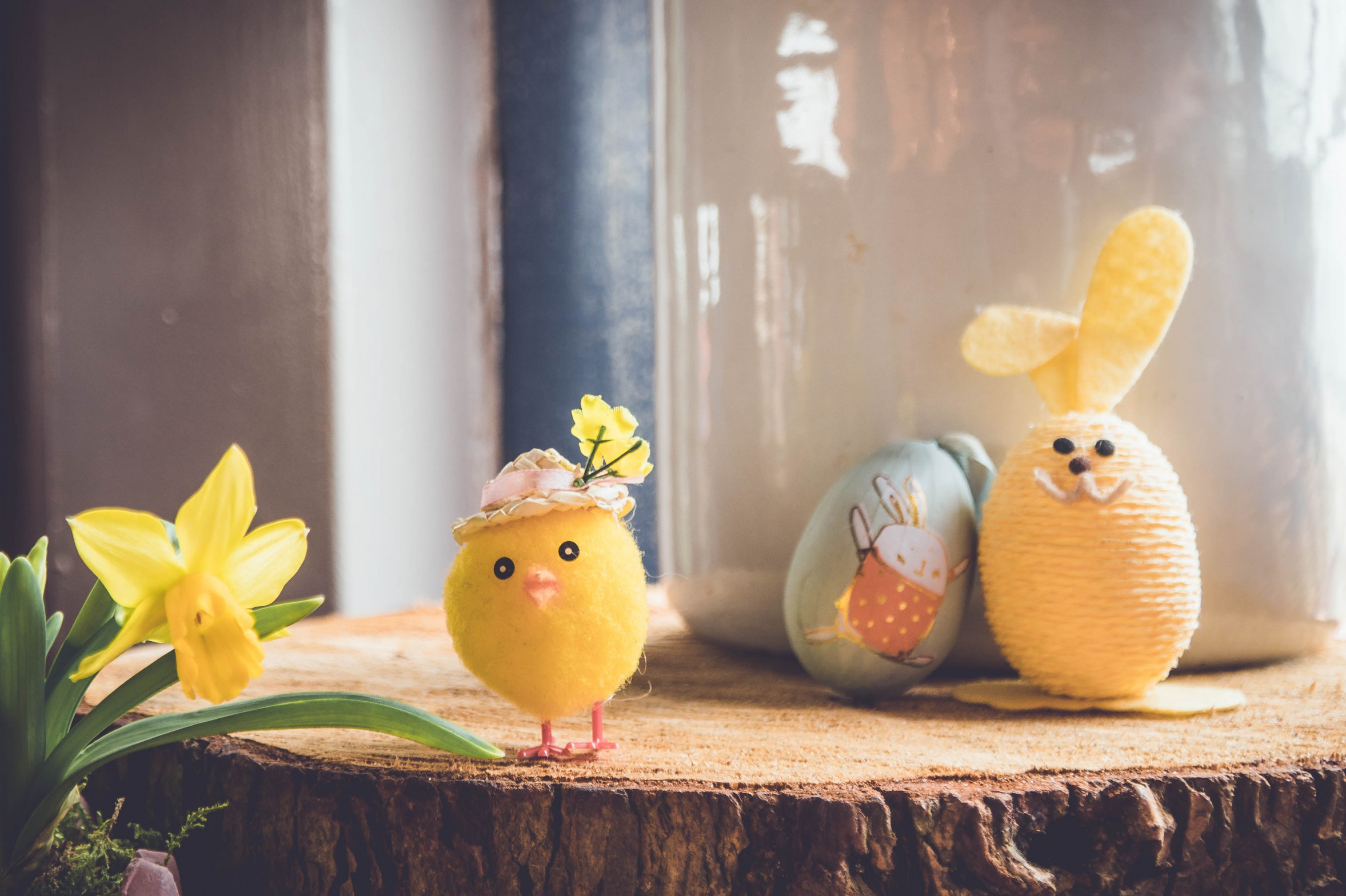Easter with an Eating Disorder
Many people look forward to the Easter break, and the opportunity to get together with friends and family. They welcome the change in routine, and enjoy the extra time we have to go out, eat, drink and socialise.
Of course, for many of us it’s extra time off work; great, more time to rest! Perhaps even a lie in or two? Plenty of delicious chocolate and sweet foods around; yum, time to indulge. And the bank holiday’s, ah so what if shops close early and the gym is shut?
Easter also signifies a fresh start, right? The true sign of Spring, and a glimpse of summer approaching. Time to embrace the warm weather, peel off a layer of clothing and start that Spring-Summer-Socialising.
Unfortunately, whilst many will enjoy the simple pleasures of spring and the easter break, those who are struggling will find that their eating disorder takes away those joys that so many are able to immerse themselves in.
How will I plan for the altered days when I am so guided by routine?
What will I do without the structure and focus of work?
How will I manage around the extra food and chocolate without a spike in anxiety or risk of compensatory behaviours?
What will this summer look like whilst trying to balance my head full of food related worries?
It is beyond frustrating when the things we should be enjoying most in life, become some of the trickiest to navigate. It is easy for these feelings of frustration to become internalised and aimed at yourself.
You think, ‘Easter isn’t even a big holiday compared to Christmas’, and it doesn’t have the same attention on you like your birthday might, but still the change in routine and the extra days off work can trigger anxiety.
This is completely normal for those struggling with their relationship with food or body image. Panic arises as you try to figure out how to get through this season, or the eating disorder gets busy finding cunning new ways to deceive yourself and others.
–
If you are worried about Easter, and how to manage your recovery over the next couple of weeks, below are some thoughts and reflections that may be helpful to keep in mind!
Between the 21st December and the 21st June, we get a little bit more sunlight every day.
That’s extra minutes of brightness, and less minutes of darkness. The air feels warmer and there is more colour to be seen. With these Spring showers you might even be more likely to catch a rainbow. What are the small things you notice in your day to day?
Worried about a lack of routine? Then consider keeping some of it.
Depending on where you are and how recovery is going, you can take control of how you keep to your days. You might be ready to use this as an opportunity for challenge and take the next recovery step, but it is okay if that is not where you are. In what ways can you keep routine like normal? What are you able to plan?
There are lots of seasonal sweet foods in the shops, which can be hard to face when walking by them. You can choose whether you would like to have any. Consider, what is it YOU want, and what is it your eating disorder wants?
How do they differ? What might be in the middle? If your difficulties centre around restricting, it may be nice to think of one Easter related food you used to enjoy the taste of prior to your eating disorder. Rather than becoming overwhelmed with the variety of eggs and hot cross buns, you could consider choosing one you particularly like and over time re-introduce this back into your diet. For those who struggle with overeating and/or purging, have a think about how you may be able to manage this situation. Spending time raising awareness of your triggers and planning your responses are key to intervening with eating disorder urges. I appreciate it far is easier said than done, so please consider reaching out for additional support.
Keeping with the same theme, there is the matter of easter eggs.
So, you get given some; that’s okay! There is no pressure as to when you have them and how many. If there is a risk of chocolate being used in eating disorder behaviours, this may fit into the above consideration of forward planning.
For social events, build up both a mental toolkit (learn some mindfulness, practise deep breathing, work on slowing your response to threatening situations) and a practical toolkit.
With the latter, get creative; what can you have with you during family meals or when out and about? For example, do you respond well to daily affirmations, which could be kept subtly in a pocket or via an app that sends you daily reminders. Write down helpful tips, coping strategies, quotes or reasons for recovery on small pieces of card, to keep on your person. Step outside or into the bathroom to look through them whenever you need to. Keeping a small stone or similar object in your pocket is a useful tool to keep anxious hands busy, grounding yourself by noticing how the object feels in your hand.
Find your comforts.
What have you found that calms your mind and decreases your anxiety in times of stress? For me, I respond well to tactile objects, or things that are soft, like a blanket or even my cat. Centre yourself around your comforts any chance you can.
–
If you are worried about your eating disorder or need some support, reach out to a professional. It is good to check in with yourself, so don’t be disheartened if you feel as though you can’t engage in your usual Easter activities. Recognising that Easter might be a difficult time is an important element in recovery, helping to prioritise your wellbeing and keep meeting those goals.
Regardless of what Easter brings, the most important thing is keep prioritising yourself and practicing some self-care. Give yourself permission to enjoy the bank holiday, have fun and spend time with friends and family and those people who are supportive of your recovery journey.

Contributed by Rosie Hibberd,
First Steps ED Operations Lead


